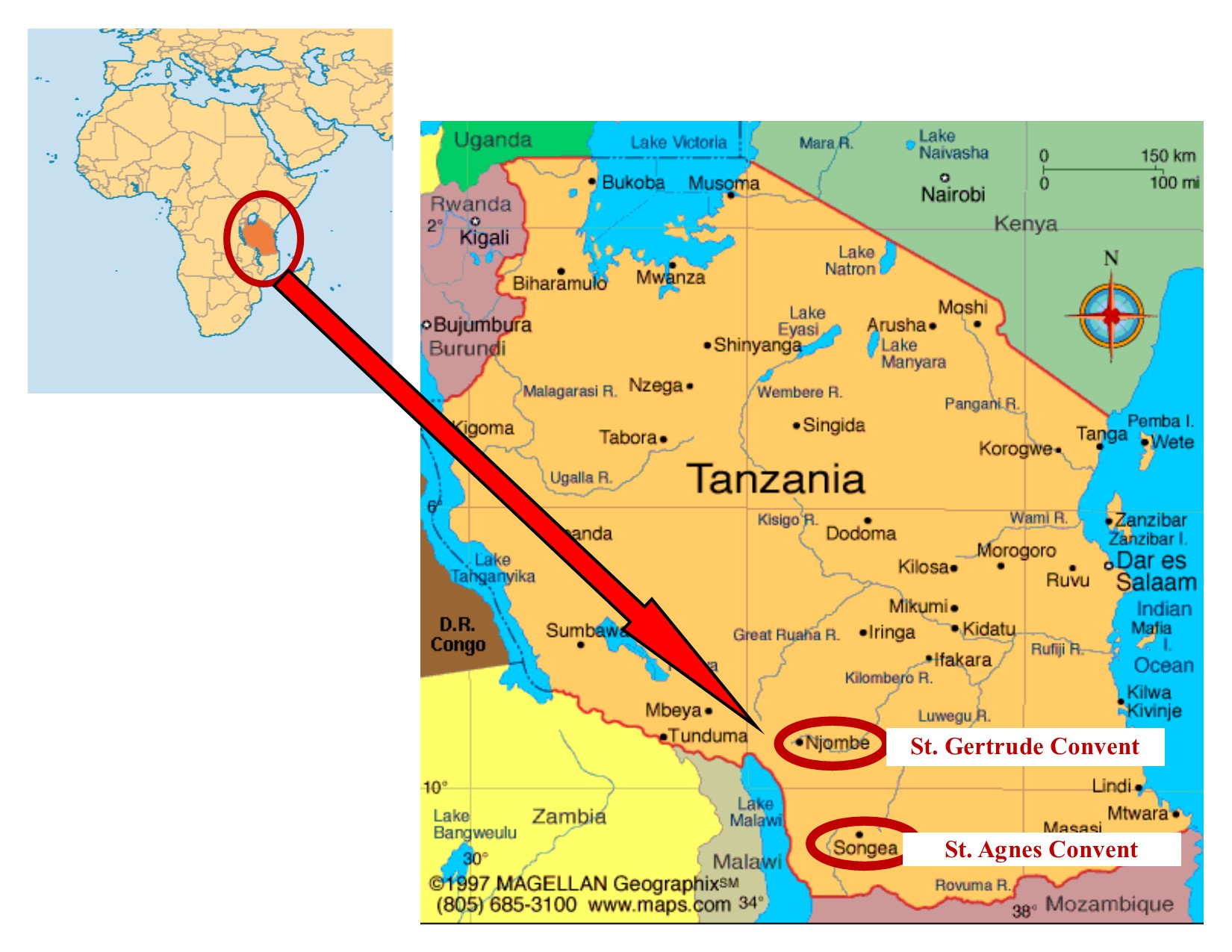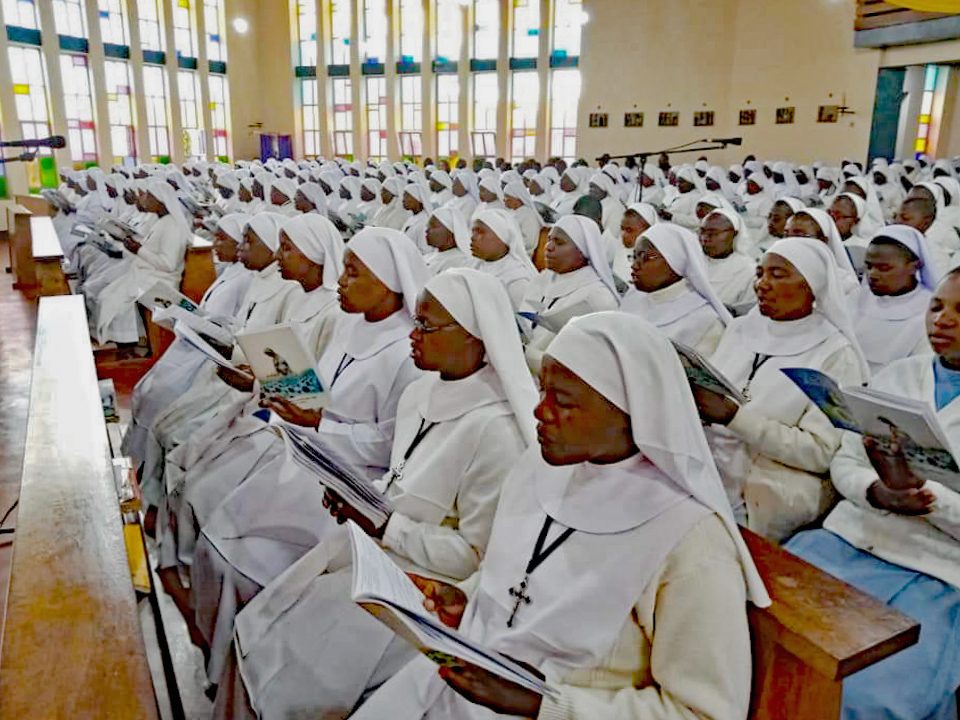Monasterio Santa Maria de Rautén, Chile
St. Scholastica Monastery already had a history with the people of Chile, from the 1960s when Sisters worked in education, health care, and pastoral ministries in Antofagasta. (Read about it here in the history article To Chile and Back.)
In 1996 we began a collaborative relationship with Monasterio Santa Maria, a small community of contemplative Benedictine women in Rautén, Chile. Two Sisters from Duluth visited them, bringing a chainsaw and wood-working tools for their craft shop, and learned about their way of life. Sisters from very different backgrounds became friends, and both communities treasure the rich relationship that has grown between us.
When their prioress, Sister Susana, paid us a return visit, she said, “It was hard to believe another culture in another hemisphere would be interested in us because we are so new and have only twelve members. We were astounded and surprised, and then when you visited us the potential friendship became real. Our Sisters correspond with Sisters at St. Scholastica, and this communication is very good for us. When one of us receives a letter, we say, “I received a letter from my sister,” and “I need to write to my Sister.”
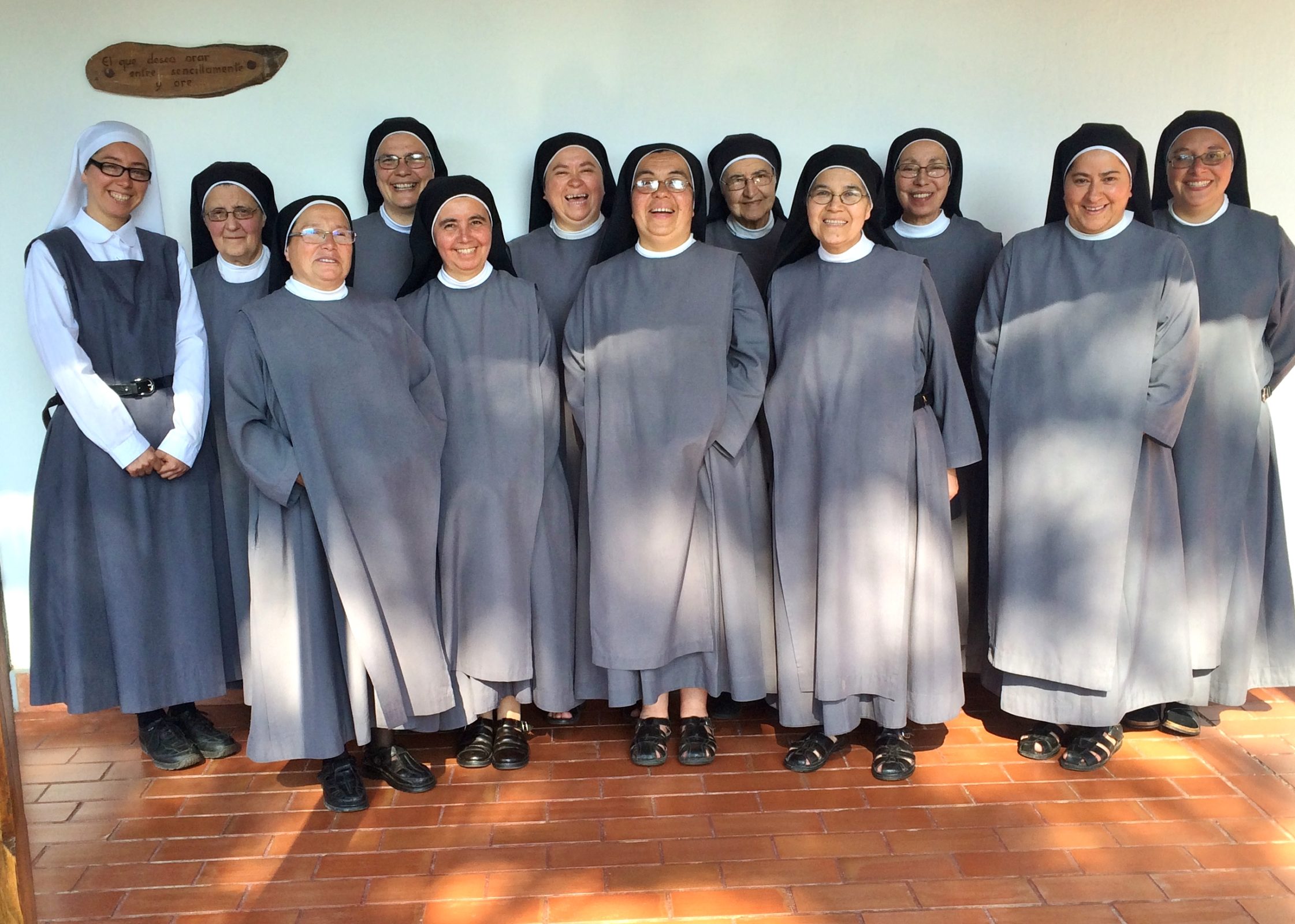
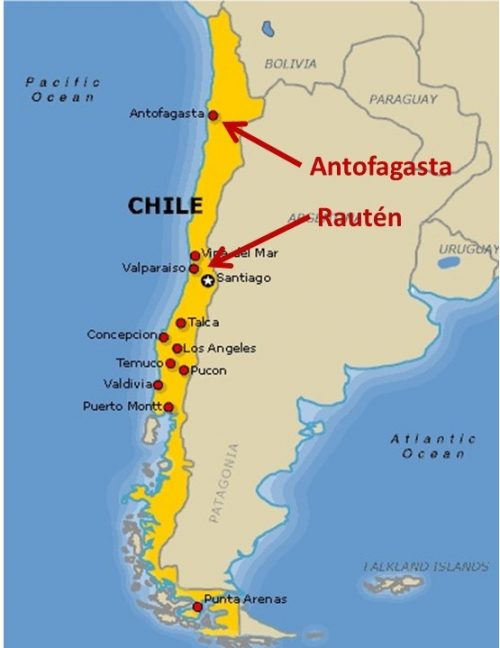
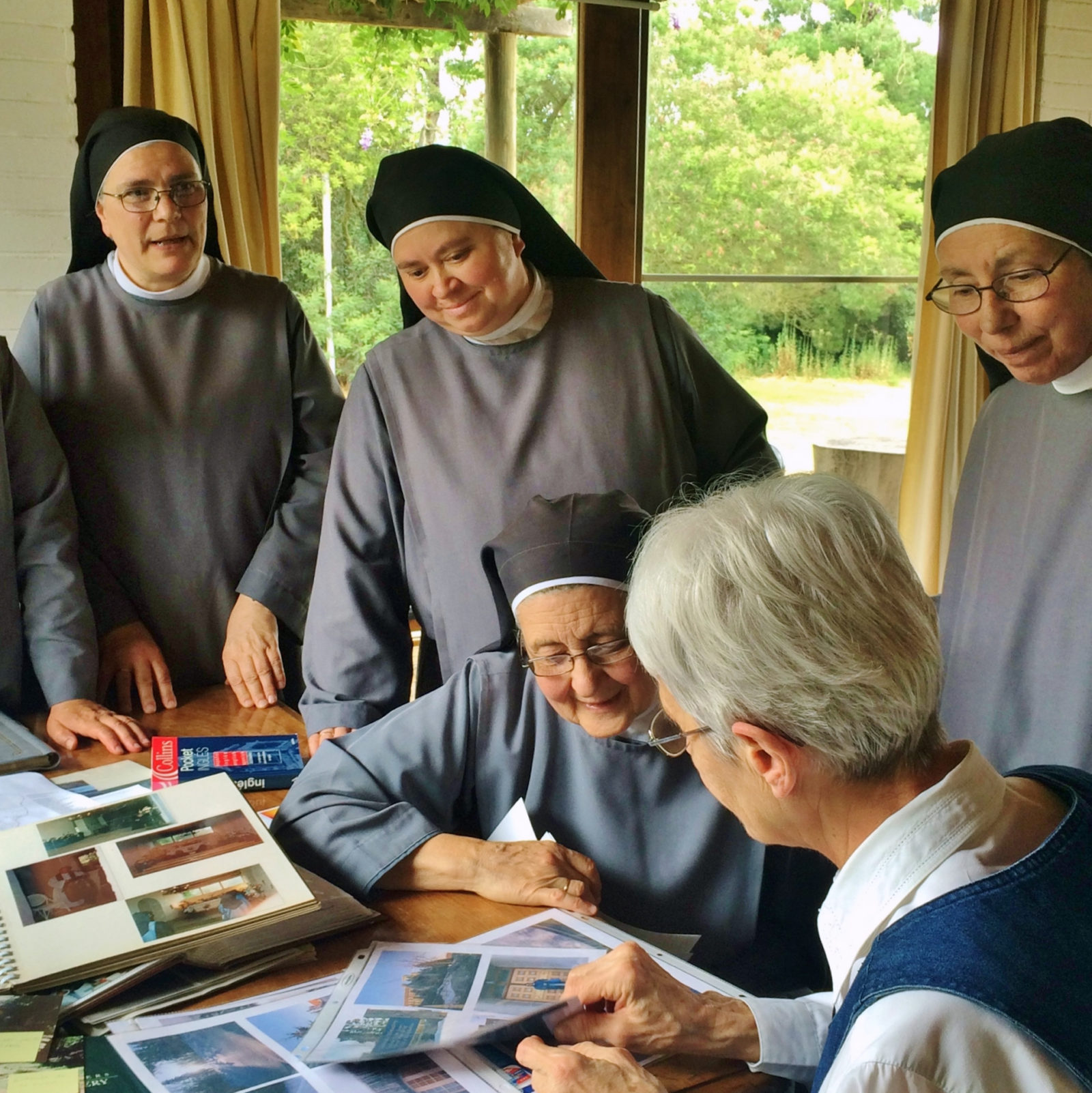
St. Agnes Convent in Chipole, Tanzania
At the same time we also began a collaborative relationship with St. Agnes Convent in Chipole, Tanzania and with St. Gertrude Convent in Imiliwaha, Tanzania. Since then, Sisters have visited back and forth, deepening the friendship, and Tanzanian Sisters come to visit in turn. Some stay with us while earning college degrees at The College of St. Scholastica. Their visits enrich our lives by giving us a glimpse of another way of living the Rule of St. Benedict.
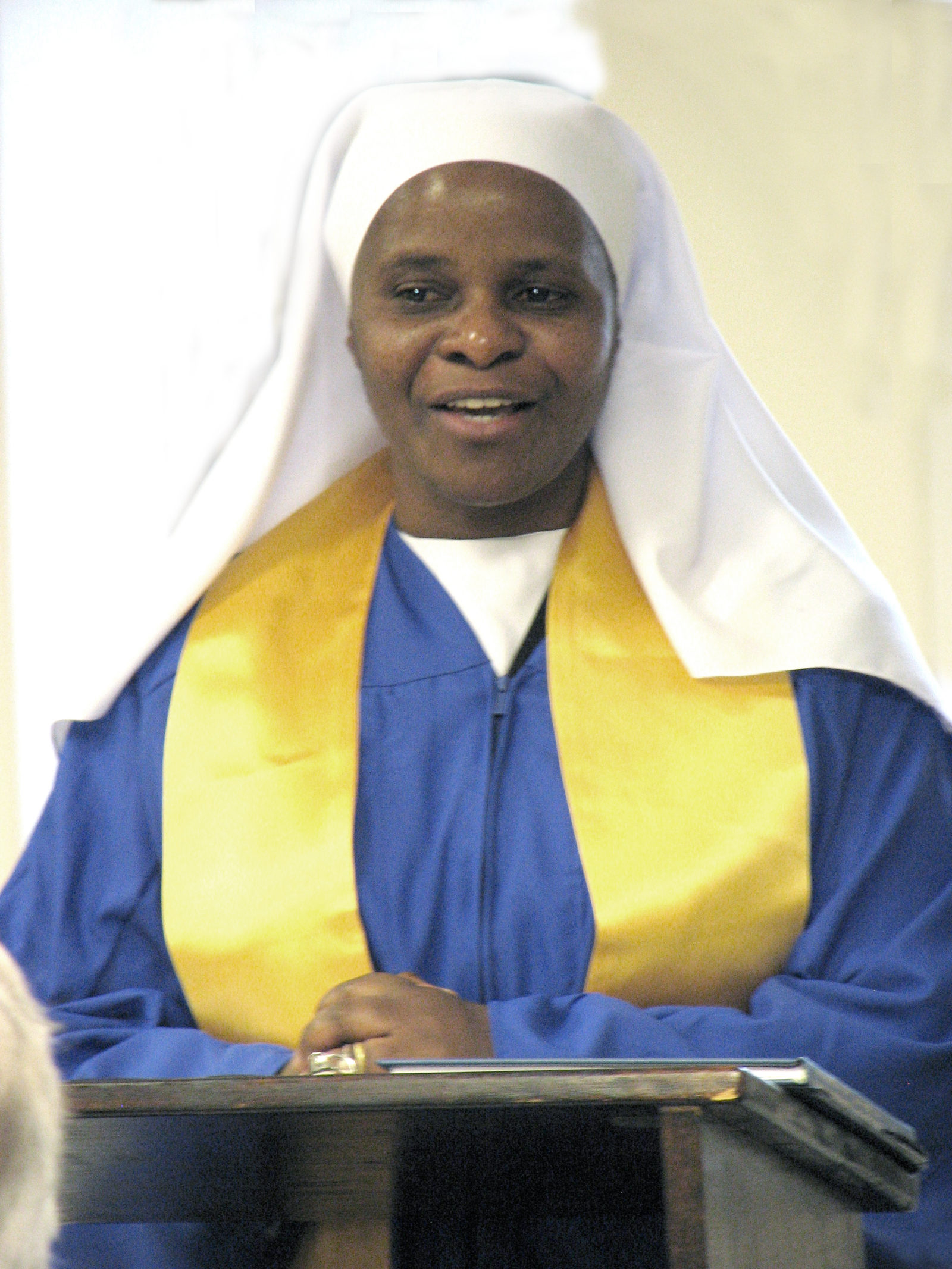

Sister Gaudensia Mwanyika’s school is growing every year.
She began in 2017 with 14 kindergarten students and each January adds another grade level. By 2024 the school will be teaching about 400 children from kindergarten through seventh grade.
The school provides a sound education to children of varied abilities, with priority given to slower-learning children who are not allowed to attend the governmental schools, as well as children from poorer families whose parents cannot afford private tuition. The school is registered with the Tanzanian government but not funded by it; instead, the operating expenses come from generous donors.
The teachers and staff of St. Scholastica School are giving these children hope for a better future.
